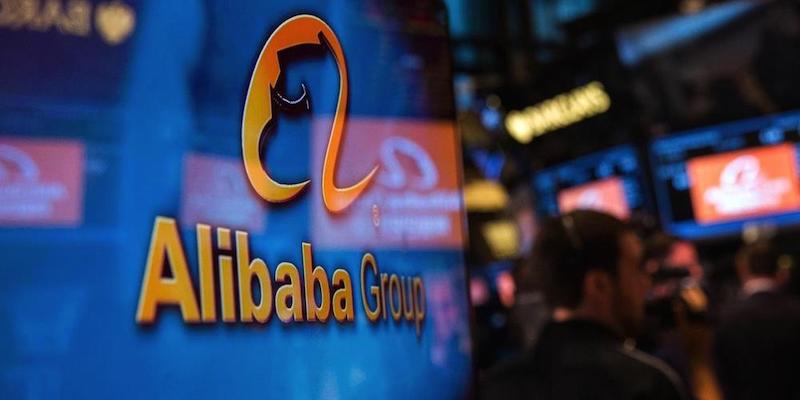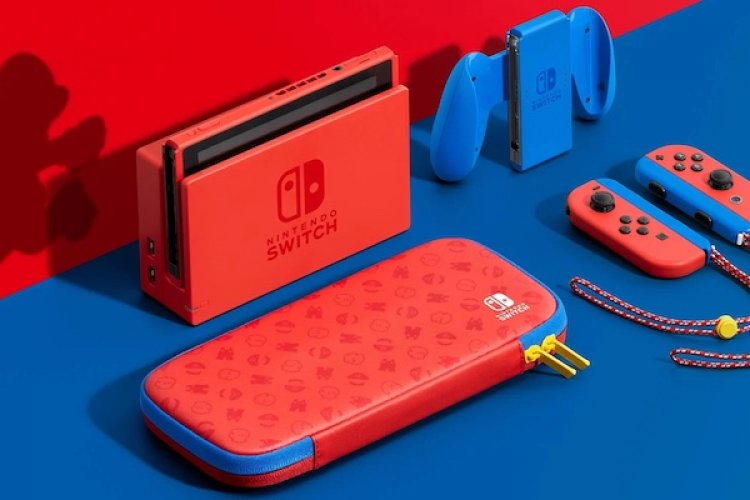The 100 Most Valuable Chinese Brands Have Been Released With Few Surprises
You may be inclined to regard any company that takes a word ending in S and replaces it with a Z, suspiciously. Generally speaking, this is the domain of capitalist white hairs pandering to the youthz. So it seems a bit odd that the paragon of business valuations and industry insights would be none other than BrandZ, a company that fancies itself so hip, they even decided to capitalize the Z. Edgy.

At any rate, earlier this month BrandZ released its highly-anticipated list of the 100 Most Valuable Chinese Brands 2020, and the results are… pretty damn obvious. That is, for the second year running, Alibaba comes out on top with a valuation of USD 153 billion, 9 percent larger than last year. Fellow tech juggernaut, Tencent, also grew 9 percent over the year, rounding 2020 out with a USD 151 billion valuation. Perhaps more surprisingly, however, the third-place spot was usurped by alcohol manufacturer Moutai, who racked up an astounding 47 percentage points, climbing up from last year’s fifth-place to close with USD 53.8 billion.

Given that the top three spots are held by two tech companies and an alcohol company, it’s not hard to imagine COVID-19’s impact on the results. Somewhat foolishly, China Internet Watch claims that because this year saw “exceptional pressure on growth,” the top 100 Chinese Brands demonstrate “the resilience of strong brands and their ability to build and sustain value in the most difficult of years.” However, the exact opposite could easily be argued as well. That is, given that the entirety of China’s population was virtually locked indoors for the better half of 2020, they had little choice but to spend their money and time on alcohol and tech platforms. This is further evidenced by the fact that 14 of the 24 categories which saw exponential growth were in the technology sector, while entertainment (read: streaming platforms) saw the overall highest growth, and education rose by 92 percent, due in large part to the ubiquity of e-learning.
So to say that these brands deserve a pat on the back for their “strength and resilience” during the pandemic is a bit like saying we should applaud pumpkins for growing in popularity during October. It is, by all accounts, a foregone conclusion.

But what exactly goes into the BrandZ Top 100 methodology? Well, first and foremost, as opposed to looking at the success or failure of its parent company, BrandZ evaluates – you guessed it – the brands themselves! So while a parent company may have a sizable valuation, the total monetary input from each brand may be much smaller, comparatively. To see this in action, look no further than the popularity and valuation of Google versus its much less popular – and effectively defunct – brand, Google Hangouts. Apparently, however, the metric that sets BrandZ apart from similar aggregators of “industry insights” is that BrandZ uses a massive cohort of living, breathing consumers – three million across 50 countries, to be exact – to estimate the “role and strength of the brand,” as opposed to fuddy-duddy analysts. Power to the people! As a result, the three factors that BrandZ evaluates when talking to consumers are the meaningfulness of the brand, its uniqueness, and its salience.
So without further ado, we give you the Top 10 Most Valuable Brands of 2020. If you’re curious to see the full list of 100, click here.
- Alibaba
- Tencent
- Moutai
- ICBC
- Huawei
- China Mobile
- Ping An
- JD
- Meituan
- China Construction Bank
READ: How Much Do Sharebikes Actually Do for Beijing’s Environment?
Images: seekingalpha.com, giphy, nikkei.com, chinessima.com







